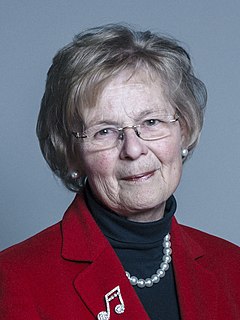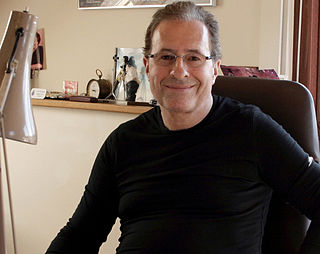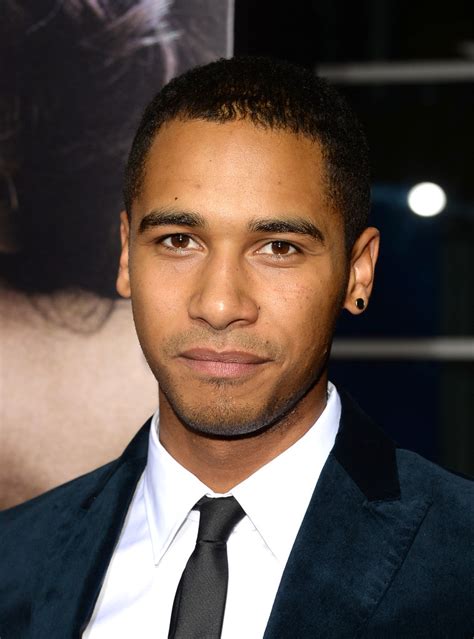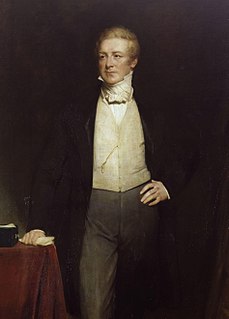A Quote by Hazel Byford, Baroness Byford
I have a letter from a police inspector, retired after some 30 years in rural Derbyshire, alerting me to the potential impact of a total ban on hunting on relationships between the police and the community in rural areas - a particularly significant consideration in current circumstances. Is it, I ask myself, sensible to divert valuable police time to enforce a ban on hunting when they are under so much pressure from violent crime?
Related Quotes
People are important too, however, and what a terrible impact a total ban on hunting would have on the rural economy, which is still reeling from the after-effects of foot and mouth disease. With average net farm income having fallen to 5,200 per farm in England and 4,100 in Wales, it seems an act of spiteful vandalism to destroy literally thousands of jobs in deeply rural areas, when it is simply not necessary to do so and where no meaningful alternative employment exists.
As Americans, we have a long history with firearms. We also have a government built on compromise, so here is the compromise I propose: Ban assault rifles and handguns for everyone except police and military personnel. These weapons are made to kill humans and should be strictly limited. At the same time, allow responsible citizens to own rifles and shotguns. Rifles are for hunting big-game animals, shotguns are for hunting birds; non-automatic versions of these weapons should be available for those with an interest in hunting or target shooting.
You're not going to have the police force representing the black and brown community, if they've spent the last 30 years busting every son and daughter and father and mother for every piddling drug offense that they've ever done, thus creating a mistrust in the community. But at the same time, you should be able to talk about abuses of power, and you should be able to talk about police brutality and what, in some cases, is as far as I'm concerned, outright murder and outright loss of justice without the police organization targeting you in the way that they have done me.
Many White people are not sensitive to the kind of abuse that African Americans, especially younger African Americans, receive at the hands of police officers and police departments. I think for most Whites their experience with the police has been good or neutral because they don't interact with the police as much as those in the Black community.
'By Any Means' follows a team of behind-the-scenes crime-prevention team - not police. They basically go to the areas of crime where the police can't touch and organised crime fighting units can't go to - in the public eye - to bring about real justice, treading the line between 'true' justice and what the law says is justice.
Crime in the city streets is more than a political issue. It's a too rampant fact.... In Indianapolis they have come up with a most sensible, affordable approach to the problem. Policemen are assigned their police patrol cars for personal use after hours. They are encouraged to use the police car while taking the family shopping, to the movies, and everywhere one takes one's family. As a result, says the Police Chief's assistant, we may have as many as 400 cars on the street instead of 100 or so per shift. [And] the presence of the police car obviously indicates the proximity of policemen.
Here's what I learned as a mayor and a governor. The way you make communities safer and the way you make police safer is through community policing. You build the bonds between the community and the police force, build bonds of understanding, and then when people feel comfortable in their communities, that gap between the police and the communities they serve narrows. And when that gap narrows, it's safer for the communities and it's safer for the police.
I met a retired police detective. And he said to me that the interesting thing about heatwaves, from a police perspective, is that the number of people who just walk out of their lives when the weather gets unbearable is astronomic. He said the police prepare themselves for it - for a huge rise in the instances of missing persons. People choose to disappear when it's hot. It was fascinating.
The police, at their best, do three things; they prevent crime, they respond to crime, and they solve crime. In all three of those buckets, they need the trust of the community to do it, so I believe that if we restore the trust that we will change the way police are experiencing communities and ways that will preserve life and make everyone safer.
































